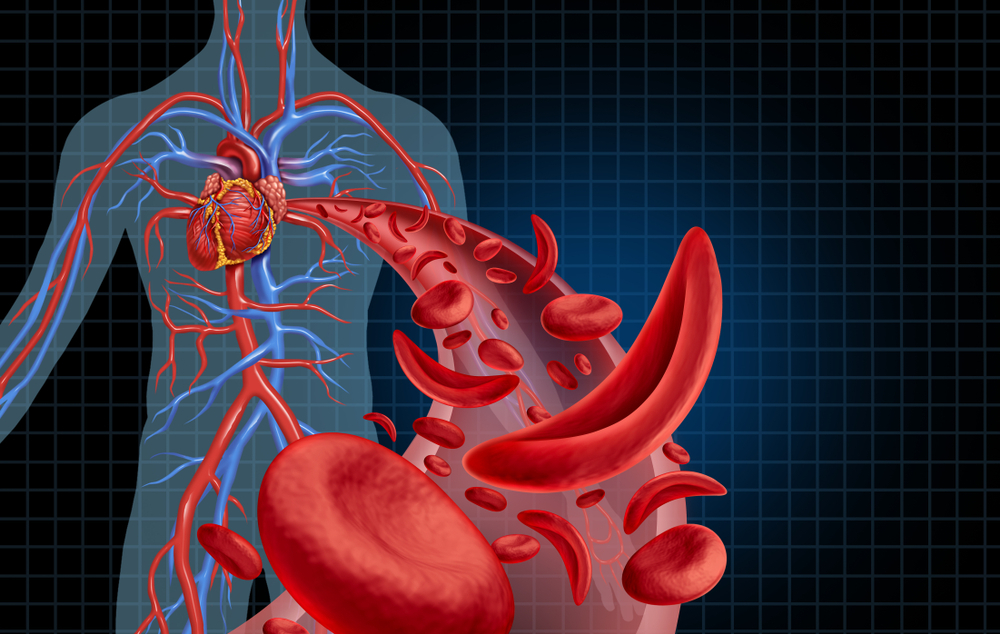- Get link
- X
- Other Apps
- Get link
- X
- Other Apps
Sickle Cell Anemia is a genetic blood disorder that primarily affects children. In this article, we will explore the importance of early detection and the sickle cell anemia treatment in Coimbatore available for children with advanced facilities. Understanding the signs, symptoms, and appropriate interventions can significantly improve the quality of life for affected children.

Sickle Cell Anemia Treatment in Coimbatore
What is Sickle Cell Anemia?
Sickle Cell Anemia is a hereditary condition that affects the shape and functionality of red blood cells. Instead of their usual round shape, the red blood cells of individuals with Sickle Cell Anemia are crescent or sickle-shaped. These abnormally shaped cells can lead to a variety of health issues.
Early Detection of Sickle Cell Anemia
Early detection of Sickle Cell Anemia is crucial for effective management and treatment. Newborn screening programs have been instrumental in identifying the condition in infants. By conducting a simple blood test shortly after birth, the best sickle cell hospital in Coimbatore can diagnose Sickle Cell Anemia and begin appropriate interventions promptly.
Common Signs and Symptoms
Signs and symptoms of Sickle Cell Anemia can manifest at an early age, often starting around four months old. Parents and caregivers need to be aware of these potential indicators:
1. Episodes of Pain: Sickle-shaped cells can block blood flow, leading to acute pain episodes known as "crises." These can occur anywhere in the body, including bones, chest, abdomen, and joints.
2. Fatigue: Due to the reduced oxygen-carrying capacity of the abnormal red blood cells, children with Sickle Cell Anemia may experience persistent fatigue and weakness.
3. Frequent Infections: The spleen, responsible for fighting infections, can be damaged by sickle cells. Consequently, affected children are more susceptible to bacterial infections, particularly in the respiratory system.
4. Delayed Growth and Development: Sickle Cell Anemia may affect a child's growth and development, leading to delayed puberty, stunted growth, or delayed milestones.
Treatment Options
While there is currently no known cure for sickle cell disease, several treatment options can help manage the condition and improve the child's quality of life:
1. Medications: To prevent pain crises and complications, children with Sickle Cell Anemia may be prescribed medications such as pain relievers, antibiotics, and hydroxyurea. It is advised to take the proper sickle cell treatment in Coimbatore and attend regular medical check-ups.
2. Blood Transfusions: Blood transfusions can provide healthy red blood cells, increasing oxygen supply to the body and reducing the risk of complications. However, frequent transfusions may lead to iron overload, requiring additional treatment to manage.
3. Stem Cell Transplantation: For severe cases, a stem cell transplant may be considered. This procedure involves replacing the bone marrow with healthy stem cells from a compatible donor. Stem cell transplantation has the potential to cure Sickle Cell Anemia, but it carries significant risks and can be challenging to find suitable donors.
4. Pain Management: Managing pain crises is a crucial aspect of Sickle Cell Anemia treatment. This involves providing adequate pain relief using medications, heat therapy, and relaxation techniques.
Conclusion
Early detection and appropriate best thalassemia treatment in children can significantly improve their overall well-being. By recognizing the signs and symptoms, parents and caregivers can ensure timely intervention and access to the necessary medical care from the sickle cell disease doctors in Coimbatore. Additionally, ongoing research and advancements in treatment options offer hope for a brighter future for children living with Sickle Cell Anemia.
Best Sickle Cell Hospital in Coimbatore
Best Thalassemia Treatment in Coimbatore
Sickle Cell Anemia Treatment Cost in Coimbatore
Sickle Cell Disease Specialist in Coimbatore
- Get link
- X
- Other Apps
Comments
Post a Comment